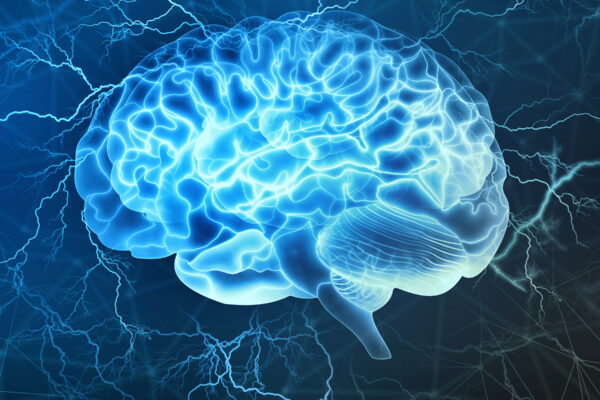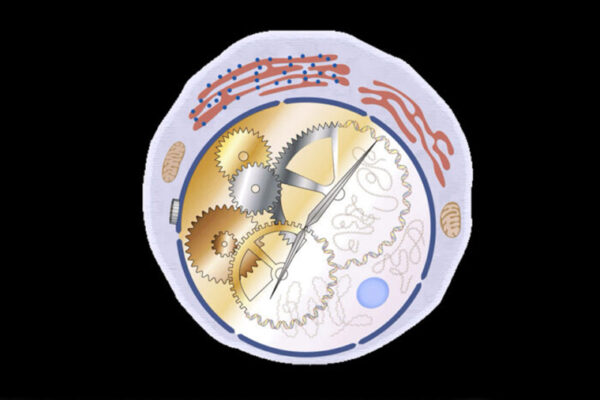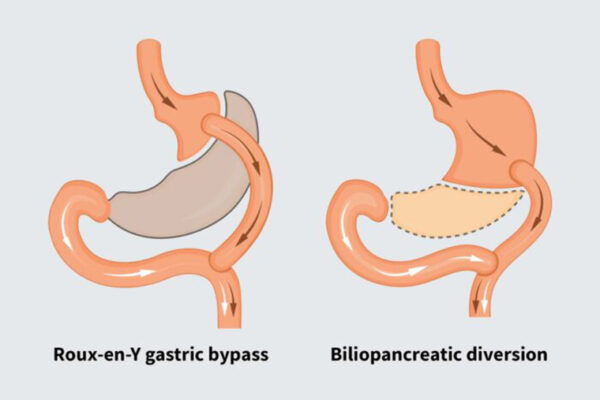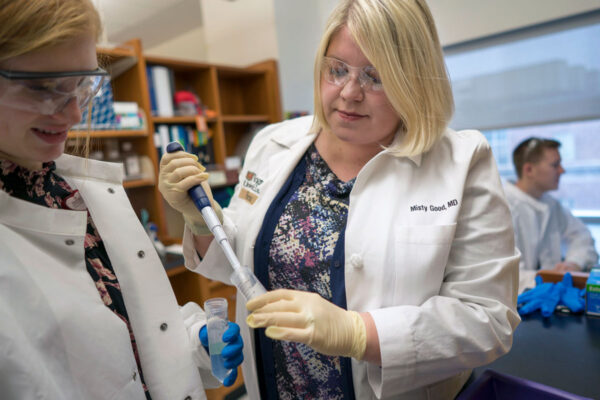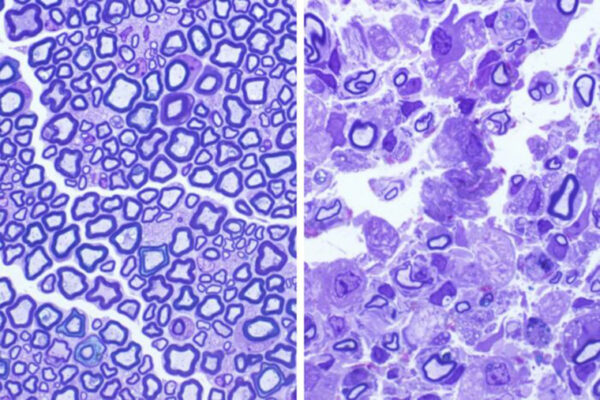Understanding criticality and the brain’s neural networks
New research from Washington University in St. Louis confirms that the brain tunes itself to a point where it is as excitable as it can be without tipping into disorder, similar to a phase transition. The new research from Keith Hengen, assistant professor of biology in Arts & Sciences, is published Oct. 7 in the journal Neuron.
Scientists find timekeepers of gut’s immune system
An immune cell that helps set the daily rhythms of the digestive system has been identified by researchers at the School of Medicine. The findings open the door to new treatments for digestive ailments targeting such cells.
Uncommon weight-loss surgery best for reducing diabetes risk
One of the most frequently performed weight-loss surgeries in the world — Roux-en-Y gastric bypass — is effective, but another procedure rarely performed in the U.S. appears to be more effective at eliminating type 2 diabetes in patients with obesity. A study from the School of Medicine explains why.
Thrive at Any Weight
Eating to Nourish Body, Soul, and Self-Esteem
A psychotherapist of 30 years, Nancy Ellis-Ordway explains how she helps people get off the weight loss roller coaster, make peace with food and their bodies, and improve their health to find happiness and a better quality of life.
NIH funds centers to improve, diversify reference human genome
The National Institutes of Health (NIH) will provide $29.5 million to Washington University School of Medicine in St. Louis and collaborating institutions to improve the accuracy and diversity of the reference human genome sequence. The aim is to better reflect the spectrum of human diversity and make the reference genome a more useful research tool.
For hospitalized patients with fungal infections, specialists save lives
Fungal bloodstream infections are responsible for the deaths of more than 10,000 people every year. New research from the School of Medicine shows that the death rate can be reduced by 20% if infectious disease specialists oversee care of such patients.
For gut microbes, not all types of fiber are created equal
Certain human gut microbes with links to health thrive when fed specific types of ingredients in dietary fibers, according to a new study from Washington University School of Medicine in St. Louis.
School of Medicine receives award to develop physician-scientists
Aiming to encourage and inspire more physicians to develop careers that blend scientific research with patient care, the Burroughs Wellcome Fund has announced that Washington University School of Medicine in St. Louis will receive a prestigious, $2.5 million Physician-Scientist Institutional Award.
Prevention Research Center to work toward preventing obesity
The Prevention Research Center at Washington University in St. Louis has been awarded a $3.8 million grant from the Centers for Disease Control and Prevention to lead a broad effort to better practice evidence-based policies to improve health.
Cause of rare, fatal disorder in young children pinpointed
Scientists at the School of Medicine have pinpointed the precise cause of Krabbe disease, a neurodegenerative condition that usually causes death by age 3.
Older Stories
